Crypto 101:
Consensus

...

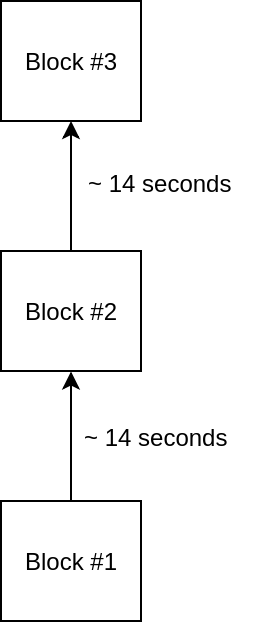





Hey guys!
I Found a new
block!!!!11!!1!!!
Without restrictions:


Hey guys!
I Found a new
block!!!!11!!1!!!


Hey guys!
I Found a new
block!!!!11!!1!!!




Hey guys!
I Found a new
block!!!!11!!1!!!
Hey guys!
I Found a new
block!!!!11!!1!!!
Hey guys!
I Found a new
block!!!!11!!1!!!
Hey guys!
I Found a new
block!!!!11!!1!!!
Hey guys!
I Found a new
block!!!!11!!1!!!
Hey guys!
I Found a new
block!!!!11!!1!!!
The Byzantine Generals' Problem
Proof-of-Work
(PoW)
A math challenge that is:
- hard to solve
- trivial to verify
- Nodes have to prove their commitment, by solving the puzzle
- Reverting blocks requires impractical amounts of resources
- Incentive to cooperate (mining fees) keeps the network healthy
- Hard to centralize control of the network (51% attack)
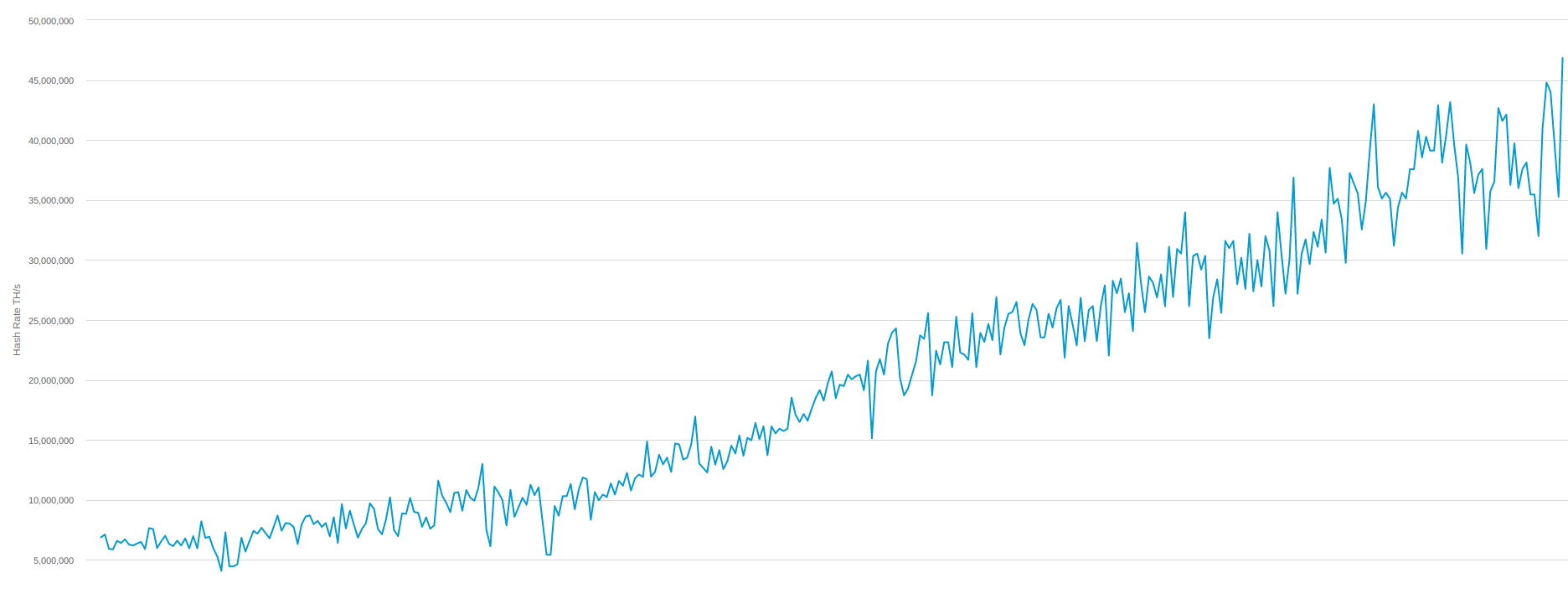
BTC total Hash-rate: 45,000,000 TH/s (that's 45e18)
BTC power consumption: 71.12 TW/h (~ same as Chile)
Proof-of-Stake
(PoS)
“It takes 20 years to build a reputation and five minutes to ruin it. If you think about that, you’ll do things differently.”
Warren Buffett
Higher stakes in the network (coins owned, time spent, etc)
==
More voting power
==
Fewer incentives to misbehave
- Minimal energy waste compared to PoW
- Also does not solve the 51% problem
(but it arguably reduces it)
- Introduces new challenges
- nothing-at-stake problem
- initial distribution
- bribe attack
- Not 100% proven to be secure
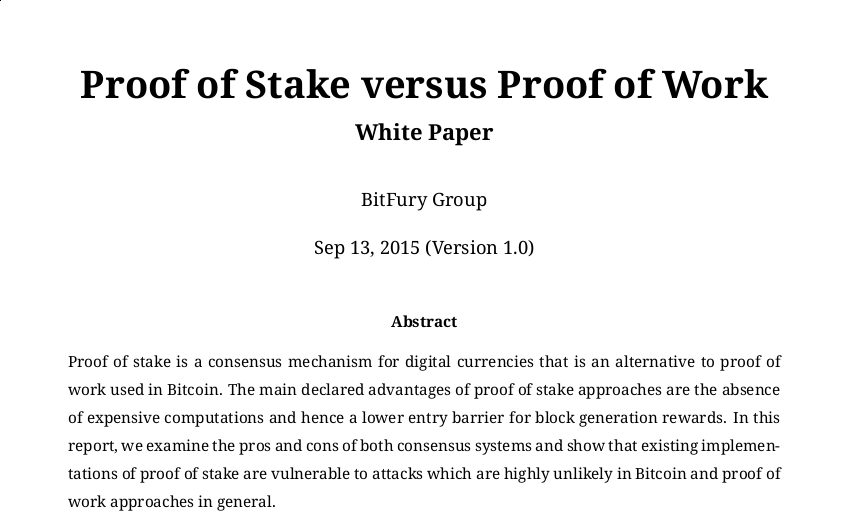
Delegated
Proof-of-Stake
(DPoS)
“Technological Democracy”
- Shareholders vote on Delegates
- Stake in the network determines voting power
- Delegates compete for the top spots, are rewarded for their duty, and punished for malicious behaviour
- Voting is an ongoing process
Back to the roots
Main issue with PoW:
wastes
too much energy
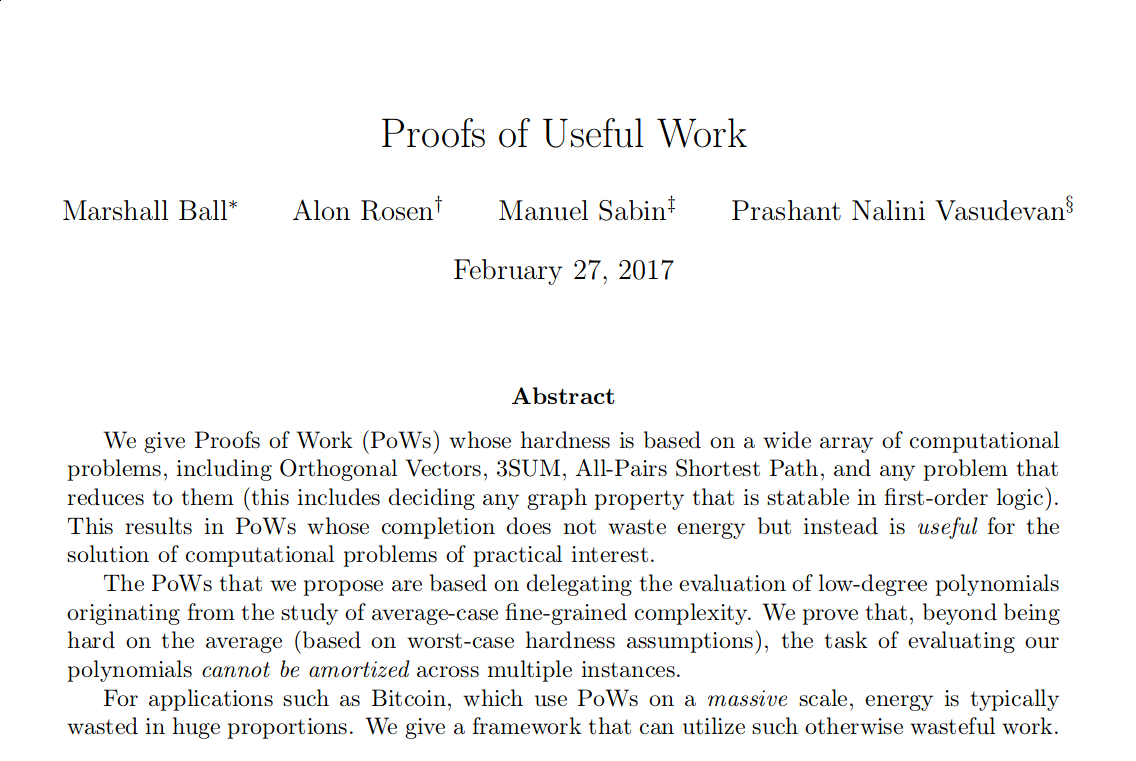
Main issue with PoW:
wastes
too much energy
- Competitive nature of PoW rewards miners for increasing their Hashing Power
- This only drivers total energy waste upwards
- BTC PoW (sha256) is 100% CPU-bound
- scales linearly with Moore's Law
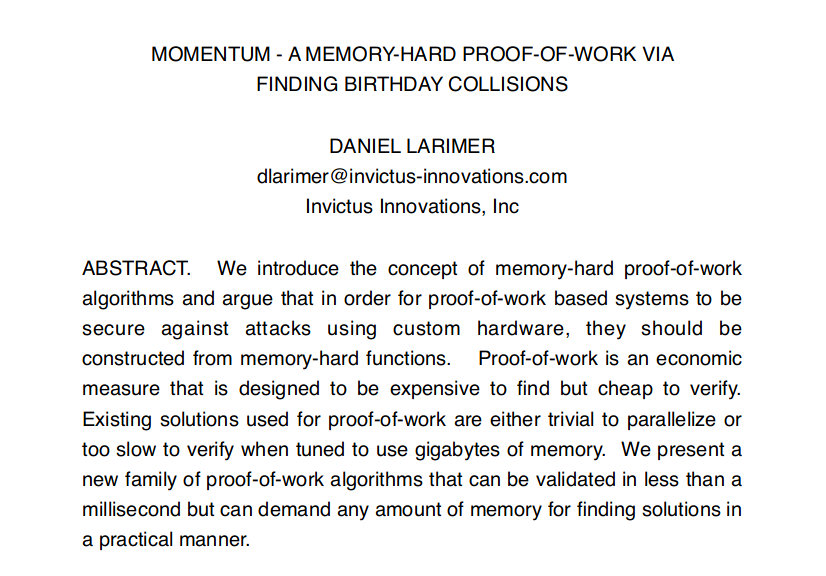

Crypto 101:
Consensus
UTRUST Learning Sessions - Crypto 101: Consensus
By Miguel Palhas
UTRUST Learning Sessions - Crypto 101: Consensus
- 389



